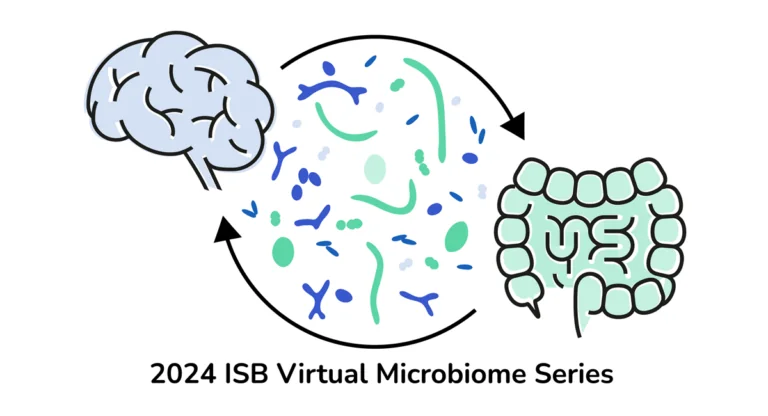2022 ISB Virtual Microbiome Series
The 2022 ISB Virtual Microbiome Series consisted of a two-day virtual course and one-day symposium on global perspectives in microbiome research.

We hosted the 2022 ISB Virtual Microbiome Series consisting of a two-day virtual course and one-day symposium on global perspectives in microbiome research and highlighting leading microbiome researchers who work with underrepresented groups from around the planet.
This was the third microbiome series of its kind, and was geared toward graduate students, postdocs, principal investigators, industry scientists, educators, clinicians, or any other variety of microbiome-curious people from across the globe.
The event was recorded. You can watch the full playlist on YouTube, or scroll down to see the full collection of videos.
Series background
The vast majority of biomedical research is focused on affluent populations in highly developed countries, and the microbiome field is no exception.
We know that variation in the composition and function of the gut microbiome is intimately tied to diet, lifestyle, socioeconomic factors, environmental exposures, behavior, and health status. We also know that the ways in which the microbiome can mediate differential responses to environmental exposures and clinical interventions is dependent upon this variation. Statistical models trained on populations in the U.S. and Europe may not apply to populations in other parts of the world.
Furthermore, mechanistic models, like community-scale metabolic modeling, focus on functional outputs that may be more convergent across populations and do not require training data, but they rely upon limited strain-level diversity from diverse human cohorts in genome-scale metabolic model databases.
Thus, it is critical that we capture the full span of human and commensal microbial phenotypic diversity if we wish to equitably translate microbiome science into medical advances that benefit all of humanity.
Virtual Microbiome Course – Day 1
Virtual Microbiome Course – Day 2
Virtual Microbiome Symposium
Session 1: Diet, Lifestyle, and the Global Gut
Session 2: The Curious Case of Prevotella
Session 3: Social Determinants of a Healthy Gut


